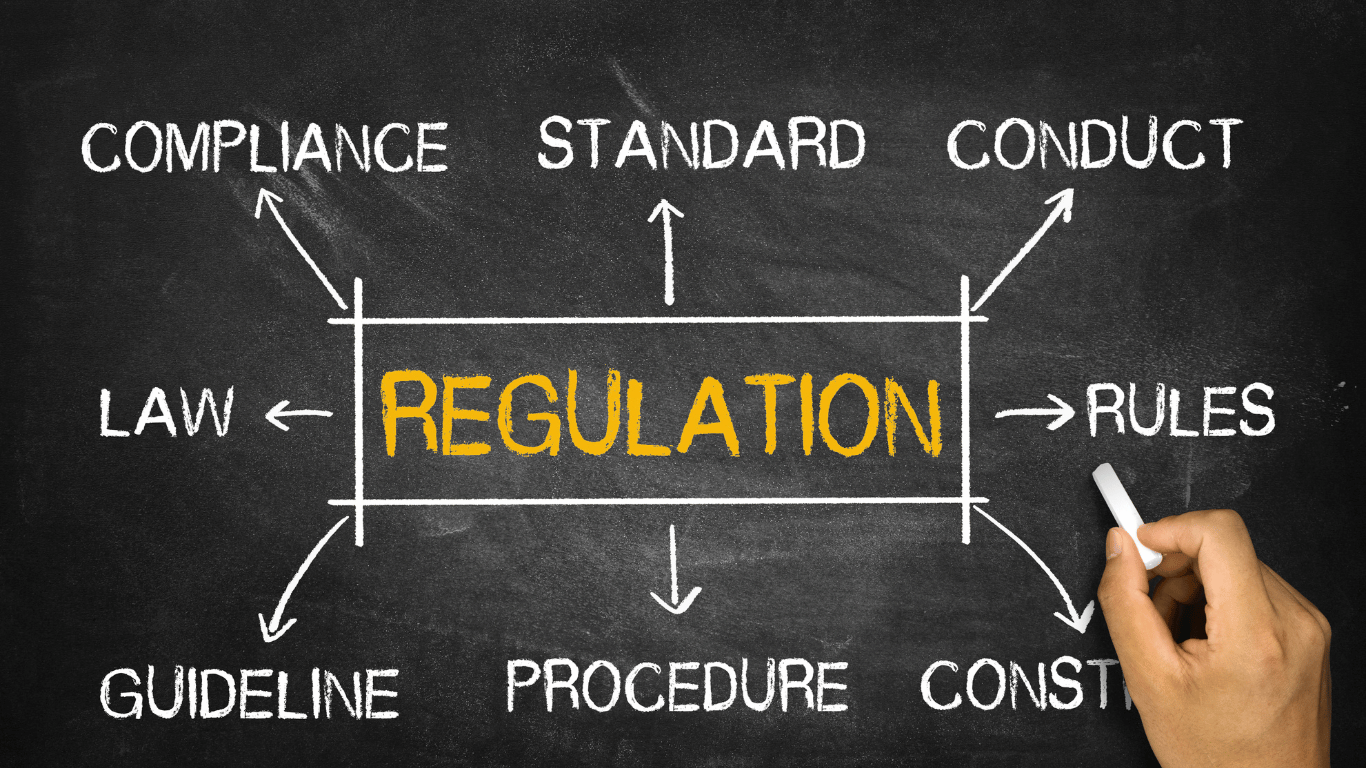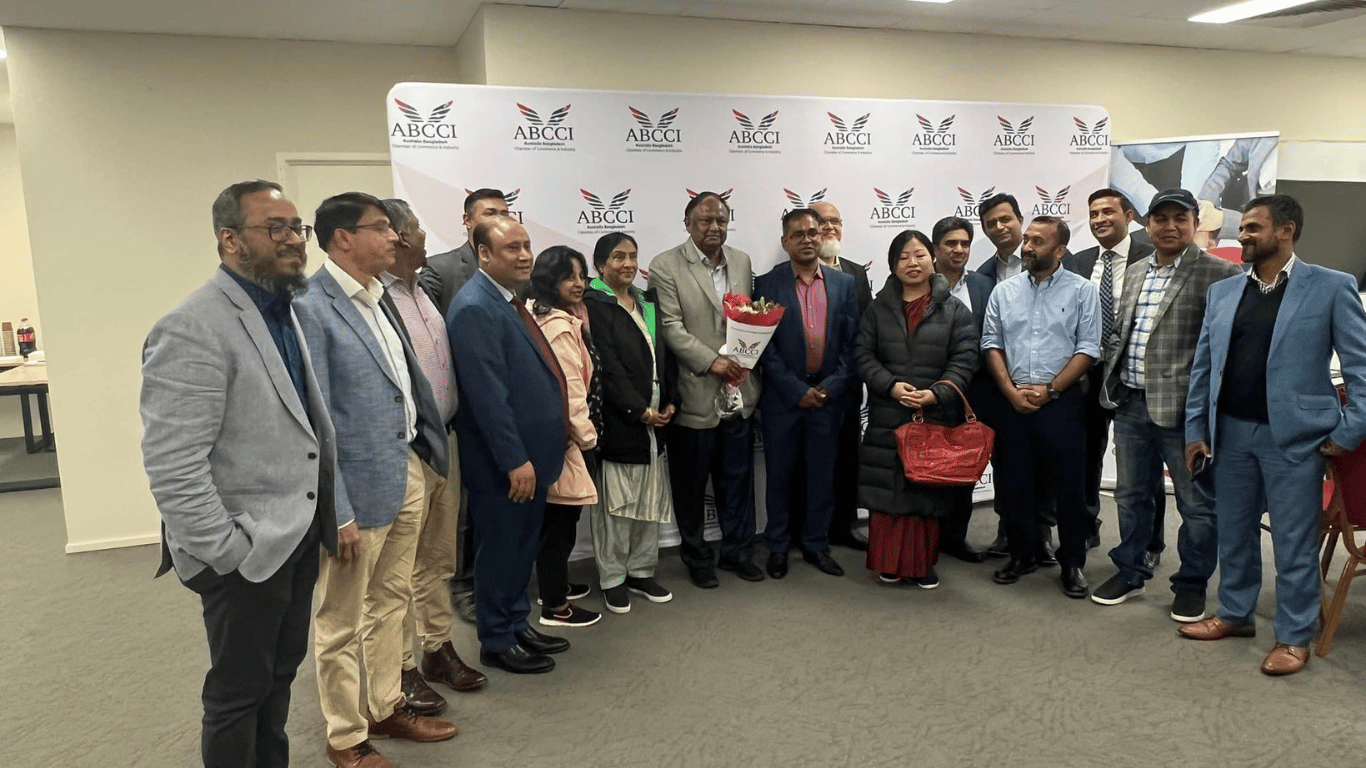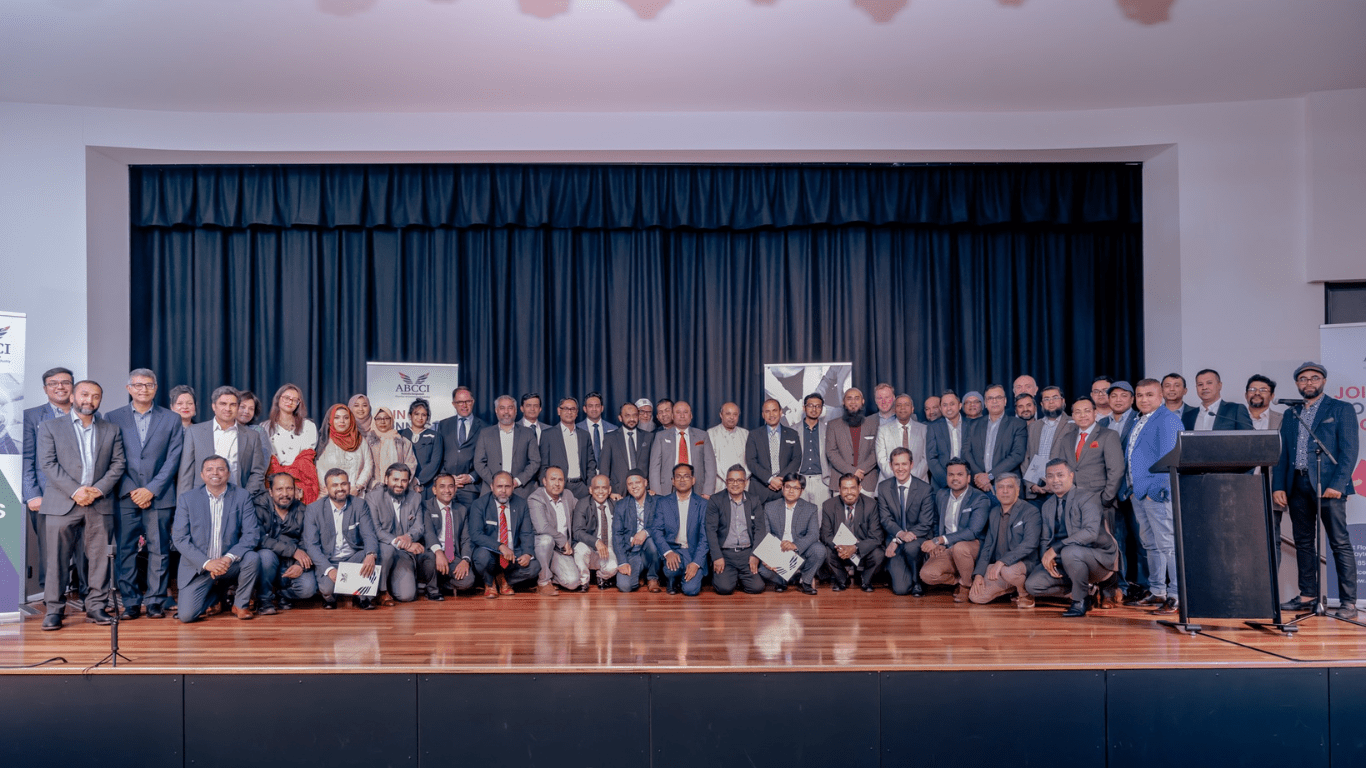Introduction:
Expanding into international markets presents exciting opportunities for Australian businesses, and Bangladesh, with its growing economy and strategic location, is increasingly becoming an attractive destination. However, navigating trade regulations in a new market can be complex and daunting. In this comprehensive guide, we delve into the intricacies of trade regulations in Bangladesh, providing Australian businesses with detailed insights into customs procedures, tariffs, compliance requirements, and resources for successful market entry.


Customs Procedures:
Bangladesh’s customs procedures are overseen by the National Board of Revenue (NBR), the apex authority for revenue administration in the country. Understanding the documentation requirements for import and export transactions is crucial. Importers must submit commercial invoices, packing lists, certificates of origin, and other relevant documents to the customs authorities. These documents help determine the classification, valuation, and eligibility for preferential treatment of goods.
Moreover, importers and exporters should be aware of the specific regulations governing the clearance of goods through customs. This includes procedures for pre-shipment inspection, assessment of duties and taxes, and the release of goods for circulation in the domestic market. Adhering to customs procedures ensures compliance with Bangladesh’s trade regulations and facilitates the smooth flow of goods across borders.
Sources:
- National Board of Revenue (NBR), Bangladesh
- Bangladesh Customs Act, 1969
Tariffs:
Tariffs play a significant role in Bangladesh’s trade regime, affecting the cost competitiveness of imported goods. The country follows the Harmonized System (HS) for tariff classification, which provides a standardized framework for categorizing products. Tariff rates in Bangladesh vary depending on the classification of goods, their origin, and any applicable preferential trade agreements.
Australian businesses should consult the Bangladesh Customs Tariff, which outlines the specific tariff rates applicable to various categories of goods. It is essential to accurately classify products according to the HS code to determine the applicable tariff rates and avoid any discrepancies during customs clearance. Additionally, businesses should stay informed about changes to tariff rates through updates from the NBR or relevant government authorities.
Sources:
- Bangladesh Customs Tariff, National Board of Revenue (NBR)
- Preferential Trade Agreements (PTAs), Ministry of Commerce, Bangladesh

Compliance Requirements:
Compliance with regulatory requirements is paramount for Australian businesses operating in Bangladesh. Bangladesh Standards and Testing Institution (BSTI) sets standards for product quality, safety, and labeling, which must be met to ensure market access. Importers should ensure that their products comply with BSTI standards and obtain necessary certifications before importing goods into the country.
Furthermore, certain products may require additional permits or licenses for importation. The Import Policy Order issued by the Ministry of Commerce outlines the import licensing requirements for various categories of goods. Australian businesses should review the Import Policy Order to determine if their products require any special permits or licenses for importation into Bangladesh.
Sources:
- Bangladesh Standards and Testing Institution (BSTI)
- Import Policy Order, Ministry of Commerce, Bangladesh
Conclusion:
Navigating trade regulations in Bangladesh requires a thorough understanding of customs procedures, tariffs, and compliance requirements. By familiarizing themselves with the regulatory framework and leveraging available resources, Australian businesses can successfully navigate the complexities of the Bangladeshi market and capitalize on the opportunities it offers. Collaboration with local partners, consultation with legal and trade experts, and ongoing monitoring of regulatory changes are essential strategies for ensuring compliance and facilitating seamless trade operations in Bangladesh.
Sources:
- National Board of Revenue (NBR), Bangladesh
- Bangladesh Customs Tariff, National Board of Revenue (NBR)
- Bangladesh Standards and Testing Institution (BSTI)
- Import Policy Order, Ministry of Commerce, Bangladesh








